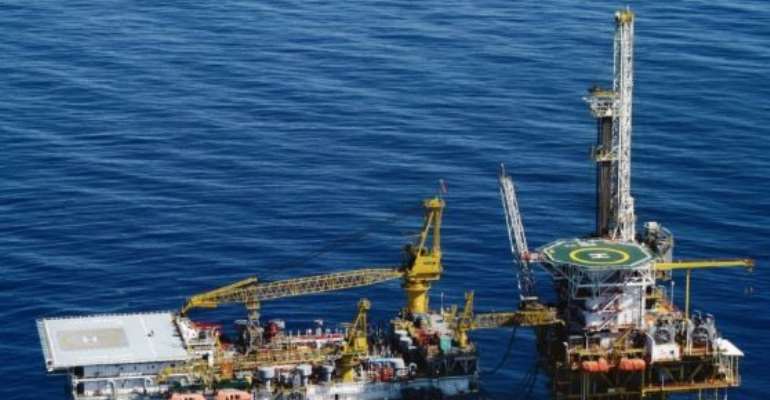Avengers' bombings: Chevron suspends onshore operations …as US offers to help resolve Niger Delta crisis

Militants, Thursday, blew up Chevron Nigeria Limited's onshore oil facilities in the Niger Delta, forcing the company to shut down its operations.
This was even as the price of crude oil rose above $50 a barrel, for the first time in nearly seven months as a global supply glut that plagued the market for nearly two years showed signs of easing.
The disruption in Chevron's operation was caused by the Niger Delta Avengers, who claimed the bombing of the facility's mains electricity feed. The group said they blew up the Escravos tank farm main electricity feed pipeline.
The group declared that its decision to bomb the facility was because Chevron ignored its warning not to fix a pipeline they had bombed earlier in the month.
Industry sources said that Escravos onshore production accounts for roughly a third of Chevron's total output, on average 3.8 million barrels per month (bpm) in 2014.
The company's projected exports for the first half of 2016 averaged 167,000 barrels per day (bpd) or about five million barrels per month. .
Reports claimed that Escravos production was already down by more than 40,000 barrels per day after a May 5 militant attack on a Chevron offshore facility, adding that increased violence over the past few weeks had also made international buyers more reluctant to buy Nigerian crude due to fears of loading delays and cancellations.
Meanwhile, as a result of the unrest in the Niger Delta,l as well as crisis in Libya and wildfires in Canada, which had reduced global crude oil out by about four million barrels per day, the price of crude has risen above the $50 mark.
Specifically, benchmark crude oil grade, Brent, was up 36 cents at $50.10 a barrel, the highest in nearly seven months, after a larger-than-expected draw in United States' crude oil inventories last week indicated buyers are starting to mop up spare supply.
U.S. crude futures were up 29 cents at $49.85 a barrel, after touching $49.97, the highest since mid-October.
Reports stated that at abbove $50 a barrel, oil was seen by many market players as breaching a psychological barrier that could lead producers, particularly among U.S. shale companies, to revive operations scrapped in recent years.
Meanwhile, the ‎United States of America, USA, Consular General to Nigeria, His Excellency , John Bray, yesterday, expressed his country's preparedness to help Nigeria establish peace and end the ongoing violence in the South -South region by Niger Delta Avengers and other militant groups.‎‎
The Consular General stated this on Wednesday when he visited the former national chairman of Association of Traditional Rulers of Oil Mineral Producing Communities of Nigeria, ATROMPCON, and Pere of Seimbiri Kingdom, Delta State, HRM Charles Ayemi-Botu at his Edjeba Palace Annexe, Warri.
Bray, who was visiting Warri for the first time, asserted: 'We are looking at whatever we can do to assist the Nigerian Government in establishing a peaceful, prosperous region in the South-South of Nigeria.'
Shedding light on the visit, HRM Ayemi-Botu said the United States Consular General was in his palace to seek solution to the recent bombings of oil and gas installations in the Niger Delta.
The monarch asserted : 'He said he was coming to visit me as the Niger Delta is boiling viz-a-viz the recent bombing of oil pipelines and that he ‎would like to find out the solutions to stop the bombing.'
'He observed that immediately after the elections of last year, things were very peaceful, but from January this year, things started changing, so he wanted a way out
'Physically, they had wanted how they can create an enabling environment to ensure that peace reigns because it is when there is peace that there is development,' Ayemi-Botu added.‎
Speaking his mind, the traditional ruler called on the President Muhammadu Buhari -led Federal
Government to 'dialogue with the militants and see the region as part of his primary constituency , instead of engaging them with guns to save the economy from further collapse.'

